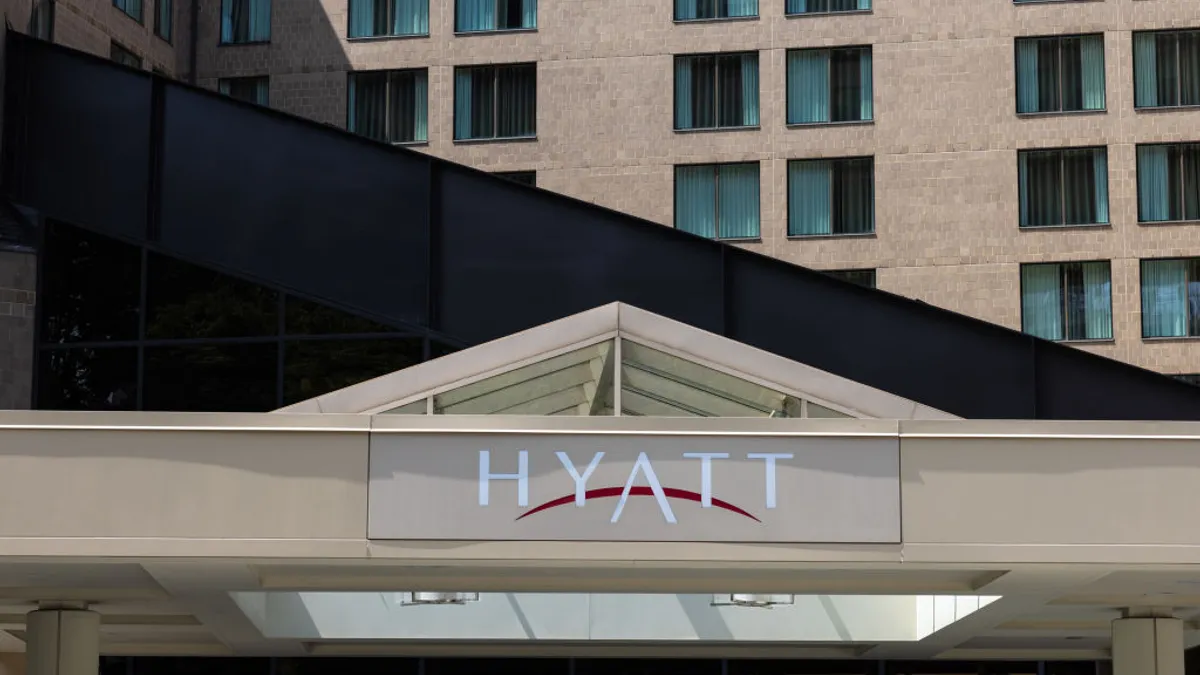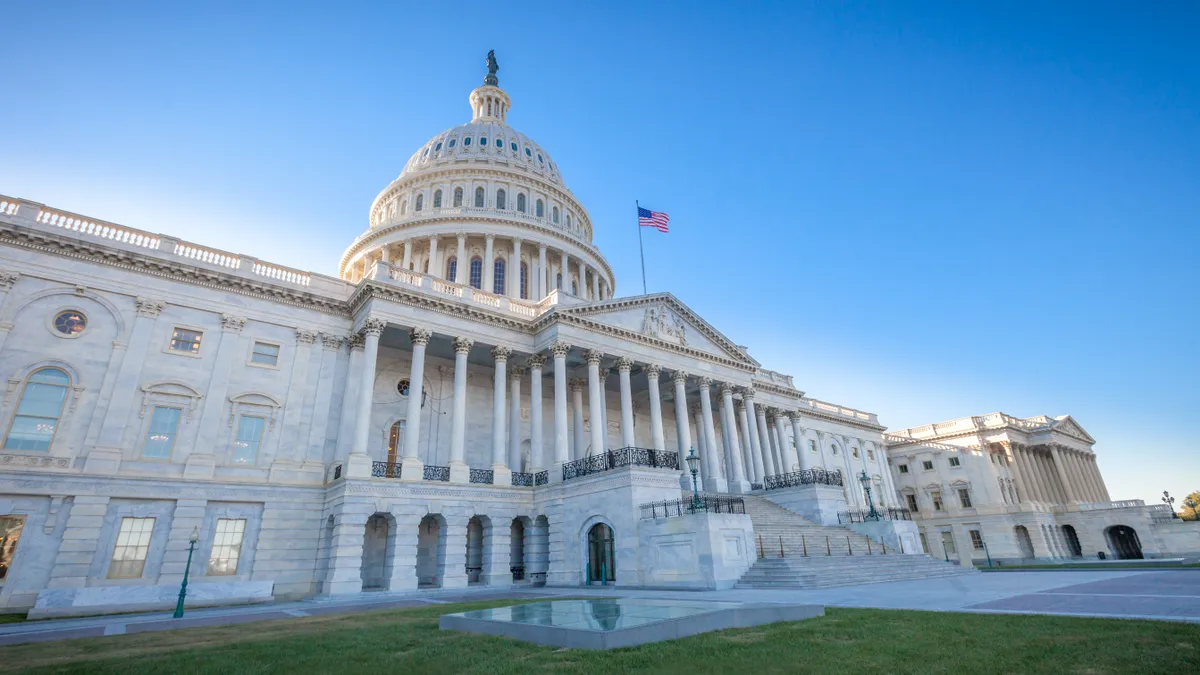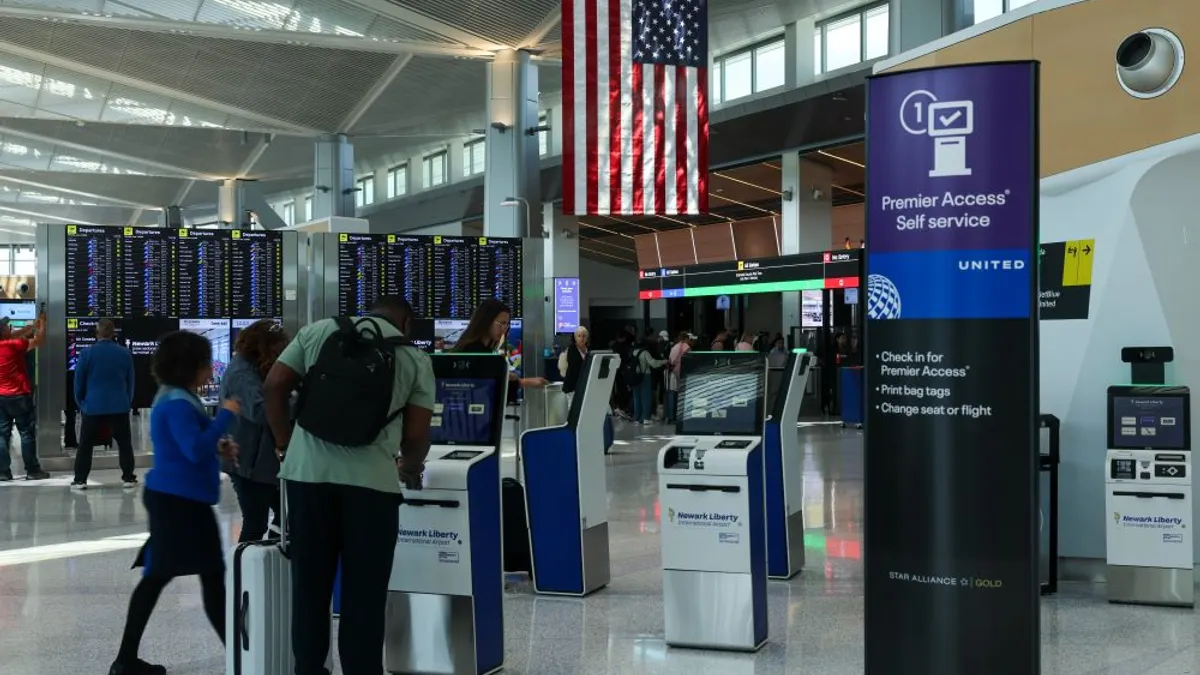A case regarding hotel accessibility will soon reach the Supreme Court.
In June, the nation’s highest court agreed to hear Acheson Hotels LLC v. Deborah Laufer, a case involving a woman with a disability who sued the Maine-based hotel group in 2020, alleging its websites weren’t up to standards set by the Americans With Disabilities Act.
However, the Supreme Court case will decide whether Laufer had the right to sue in the first place.
Laufer never had plans to stay at Acheson Hotels, according to her initial filing. Instead, she’s a “tester,” someone who combs businesses’ websites for ADA violations, intending to sue. Laufer sued Acheson Hotels for failing to include information about accessible rooms or provide an option for booking accessible rooms on its website. The suit was one of more than 600 federal lawsuits she has filed against hotel owners and operators, according to the Associated Press.
Acheson Hotels LLC v. Deborah Laufer has put the issue of “drive-by lawsuits” — the informal term for suits over ADA violations by serial litigators — in the spotlight for hoteliers. Though hotel organizations claim testers are disingenuous, or even harmful to the hotel owner community, others, including prominent civil rights organizations like the American Civil Liberties Union, say ADA testers play a key role in ensuring rights for people with disabilities.
Hoteliers’ concerns
The Asian American Hotel Owners Association and the American Hotel & Lodging Association say Laufer’s case could set a worrying precedent for hoteliers.
“Acheson Hotels, LLC v. Laufer is all about frivolous lawsuits brought by litigants alleging harm by hotels they have no intention of ever visiting,” said Chip Rogers, president and CEO of AHLA, in a statement. “A favorable decision by the Supreme Court will limit litigation to only those cases with true merit and provide peace of mind to hoteliers, who now live in constant fear of drive-by and click-by lawsuits from serial ‘tester’ litigants seeking to make a quick buck off hardworking small business owners.”
Laura Lee Blake, president of AAHOA, called Acheson Hotels LLC v. Deborah Laufer “a big case that we are watching on behalf of our members.” Her colleague, Rachel Stone, AAHOA’s director of government affairs covering states in the Western region, has been tracking other ADA-related lawsuits at hotels.
In California, Stone said, approximately 92% of all accessibility claims are filed by only five law firms, and of those claims, only 5% result in a legal judgment. Settlements, on the other hand, range from $5,000 to $25,000 on average.
“What we're seeing is law firms targeting these small businesses or spa hotels for financial gain,” she said.
“Many of these businesses are owned by immigrants,” Stone added. “They speak English as a second language, or they may not have the resources to fight litigation. So what ends up happening is they end up settling these lawsuits — and some of these are millions of dollars — out of fear.”
Minh Vu, a partner at law firm Seyfarth Shaw and leader of the practice’s ADA Title III team, told Hotel Dive that “testers are really just serial plaintiffs who file hundreds of lawsuits a year against businesses that they don’t really have any intention of patronizing.”
According to Vu, though serial litigators are common, “most are not quite so direct about their intentions,” and will often “make conclusory assertions about how they want to patronize the business to establish standing to sue.”
Though the Supreme Court case is drawing attention to the issue, Vu said the overall number of ADA Title III lawsuits filed in federal court has decreased since 2021, when cases hit an all-time high.
The role of testers
Civil rights organizations say testers serve an important role in enforcement of accessibility standards, as the ADA lacks sufficient enforcement mechanisms.
“When a hotel website fails to include its accessibility features, it is essentially posting a sign saying ‘no disabled allowed,’” said Susan Mizner, director of the ACLU’s Disability Rights Program, in a statement. “The ADA has been in place for more than 30 years. Absent robust federal monitoring and enforcement, civil rights testers fill a critical role in ensuring businesses nationwide are in compliance with the ADA’s accessibility requirements.”
Unlike other sweeping regulations, which are enforced by dedicated agencies — think the USDA for food safety or the FDA for drugs — no one governing body regularly checks businesses’ ADA compliance. (Dennis Price, an attorney for some “serial litigators” in California, told the news site CalMatters that because there’s no “three-letter agency” enforcing the ADA, “what my clients are doing is basic code enforcement.”)
“Without adequate government enforcement of the ADA and other laws supporting and protecting the rights of people with disabilities, we must rely on civil rights testers to ensure businesses comply with the law,” said ACLU of Maine Legal Director Carol Garvan.
Nine civil rights organizations, including the ACLU, Lambda Legal and Lawyers’ Committee for Civil Rights Under Law, filed an amicus brief with the Supreme Court in support of Laufer’s legal standing to sue.
“Even if a person reasonably expects to experience discrimination in a particular place or at the hands of a particular defendant, they do not ‘manufacture’ discrimination by going to that place or interacting with that defendant,” the brief reads. “Rather, they in fact experience harm caused by the discriminator.”
The Supreme Court is set to hear oral arguments in the case in October, USA Today reported. In the meantime, according to AAHOA, hoteliers are discussing ways to keep potential lawsuits at bay — including ensuring their properties are ADA compliant.
“It's the nature of being a public accommodation,” Blake said, acknowledging that she can understand the issue from both sides. “I really do see members trying to make an effort to make sure that everybody feels comfortable and they can accommodate them, because that means loyal guests and repeat customers, which is the name of the game.”


















